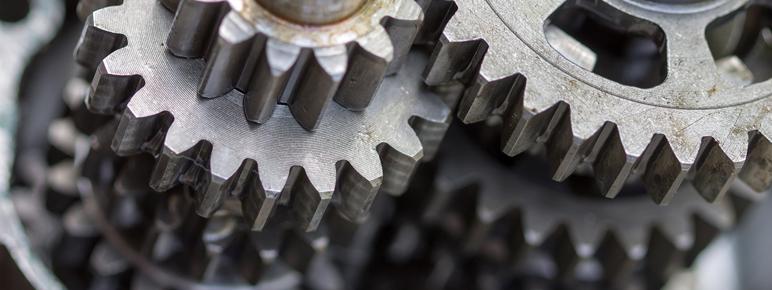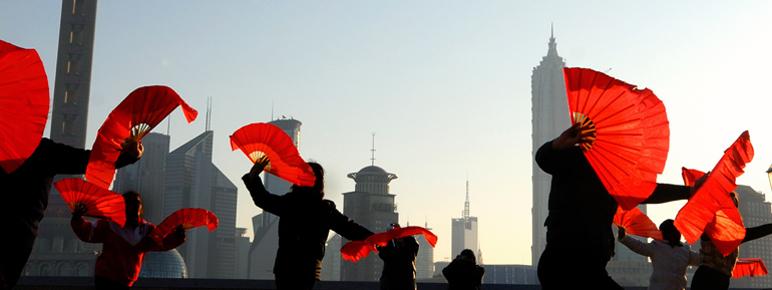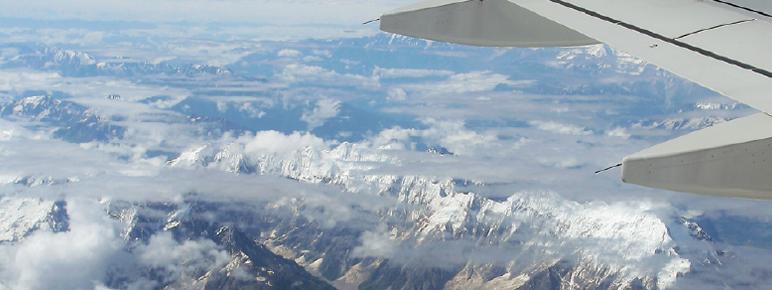news china
Is Industry 4.0 the 4th Industrial Revolution?
The etymology of the word manufacturing comes from the latin manu + factura and literally means “a working made by hand”, a human hand. As language evolves with the events of history and changes in the society, the meaning of manufacturing is getting reshaped by the new technologies that influence our way of “make a work”.
Chinese bridges
Possessing an effective communications system was without doubt one of the main concerns of all Chinese emperors. The first Chinese empire was based on a well-organized army and tight control of the population. However, the measures taken as the basis of the empire included the unification and standardization of the systems of writing, coinage, weights and measures, and the length of cart axles.
International Taxation 3.0
The international tax scenario has undergone radical changes in recent years. Countless news items and examples point to the fact that most countries are fed up of continuously losing revenues to tax havens.
The old practices for international tax advice used until recently, amounting to what we might term 'international tax evasion', have become completely obsolete. Setting up a company in a country with low tax rates to which revenues were gradually diverted in a type of masterstroke has not worked for some time now.
News Xina 19
If there is one thing we will need every day for the rest of our lives, it is food. Food, or the lack thereof, is unarguably a driver of humanity. The development of agriculture only 12,000 years ago was the beginning of our civilisation, and 12,000 years is nothing if we bear in mind that hominids were using tools 2.5 million years ago, and that use of fire, and therefore the emergence of a primitive kitchen, can be dated to around 800,000 years ago. With the industrial revolution agriculture led to the food industry, although obviously we continued to grow crops.
News Xina 18
The Belgian sinologist Pierre Ryckmans, aka Simon Leys, recently died in Sydney. He lived in Mao’s China, and was one of the first intellectuals to relentlessly criticise the Cultural Revolution, for which he was scorned by the entire enlightened French left. His China is that which survived the destruction of the Revolution.
News Xina 17
China, in pursuit of talent and innovation to transform its industry
The Chinese government wants to change its low cost production model, which has made it the world’s factory, into a more value added model.
News Xina 16
Infrastructure: the key to the Chinese bid for world leadership
Throughout history, no world power has consolidated its hegemony without investing heavily in infrastructure. This can be seen in the case of China, which has committed to developing a range of highly competitive infrastructure that has bolstered the country's strong economic and social growth.
News Xina 14
China's place on the global energy map
Last May a historic contract was announced between the Russian company Gazprom and China's CNPC, for Russia to supply natural gas to China for the next 30 years. The agreement coincided with a deterioration in Russian-Ukraine relations, which still has Europe on tenterhooks because of its heavy dependence on Russian gas.
News Xina 13
An Important Step Towards Internationalisation
A piece by an industrial engineer published in our Fulls dels Enginyers bulletin in 2010 prompted reader reactions that led to a key meeting on 9 December 2010. Three industrial engineers who wanted to set up a working group to familiarise our members with China met with me; they also wanted to build a network to include expat industrial engineers based in China and local engineers interested in the country that is set to become the number 1 world economic power by the end of this year.










